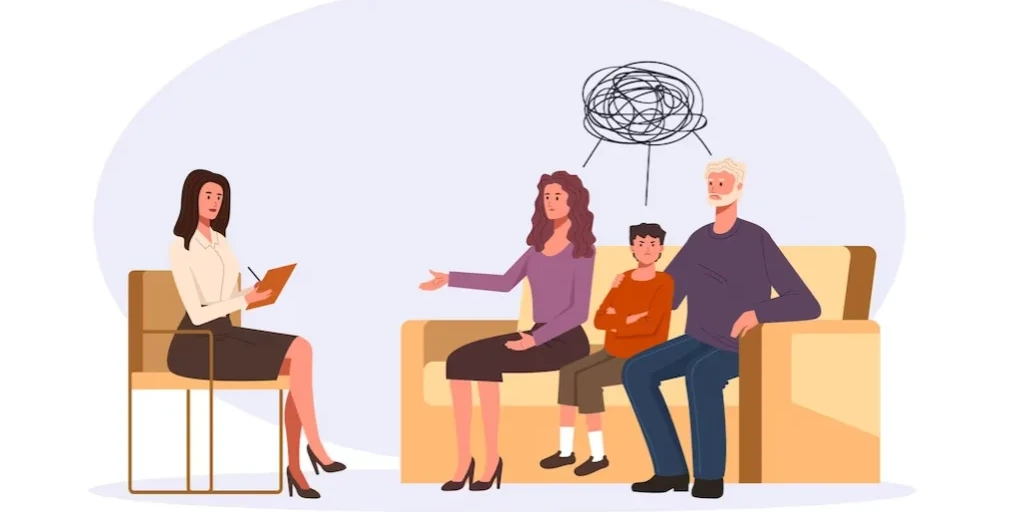24/7 Helpline:
(866) 899-221924/7 Helpline:
(866) 899-2219
Learn more about Fentanyl Rehab centers in Choctaw County
Fentanyl Rehab in Other Counties

Other Insurance Options

Coventry Health Care

Aetna

CareFirst

WellCare Health Plans

Magellan Health

BHS | Behavioral Health Systems

Cigna

Oxford

EmblemHealth

Health Partners

Optima

GEHA

AllWell

UMR

Meritain

Self-pay options

Sutter

Amerigroup

Optum

Ceridian












Community Counseling Services
Community Counseling Services is a private rehab located in Ackerman, Mississippi. Community Counsel...















